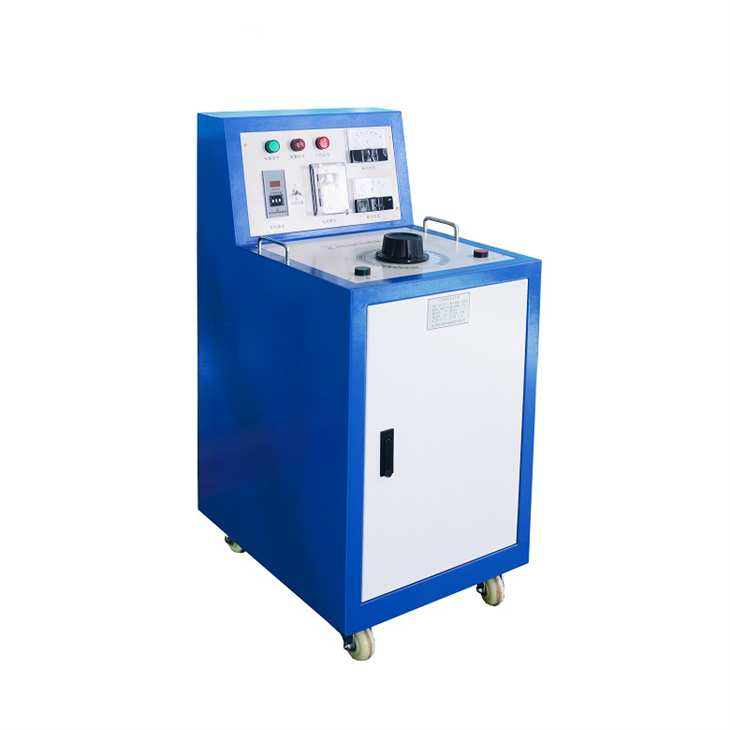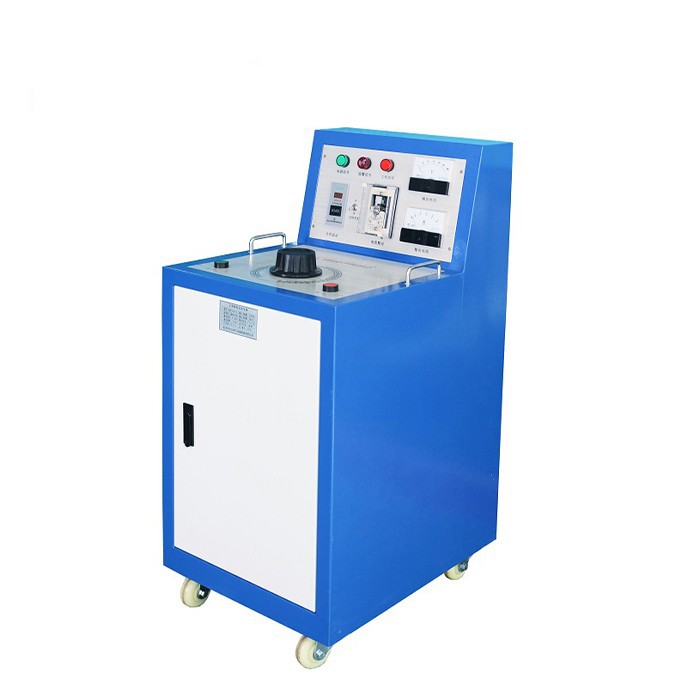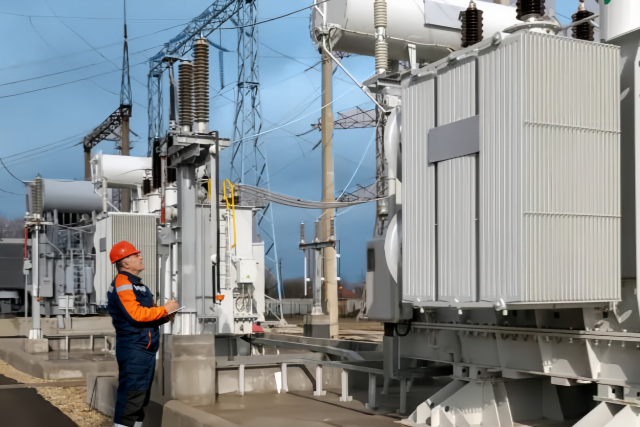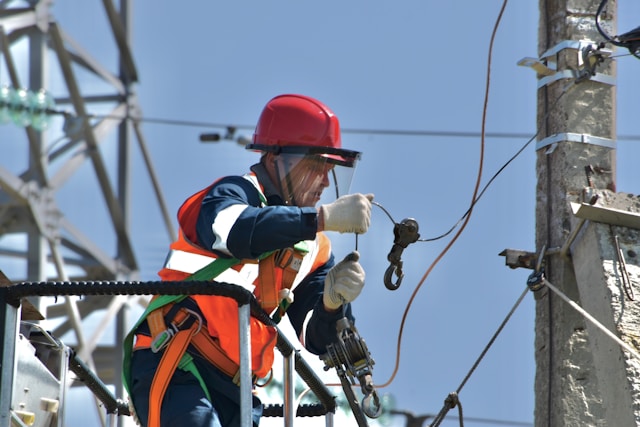
The efficiency of a DC high voltage generator typically ranges from 90% to 94%, depending on the design and load conditions. Advanced technologies like PWM (Pulse Width Modulation) and LLC resonant converters are key to optimizing performance. Manufacturers, including Wrindu, integrate these technologies to enhance energy savings, reduce thermal losses, and improve overall operational efficiency, especially in custom and OEM applications.
What Is the Typical Efficiency Range of a DC High Voltage Generator?
Most DC high voltage generators achieve an efficiency between 90% and 94%. Advanced models using technologies like full-bridge and LLC resonant converters can push this efficiency to as high as 93.9%. These high-efficiency generators contribute to significant energy savings and better thermal management, particularly for applications that require sustained, high-load operations in factories or OEM environments.
How Do Technology and Design Impact Efficiency?
Technologies such as PWM (Pulse Width Modulation) and high-frequency voltage multipliers directly impact the efficiency of DC high voltage generators. These innovations reduce switching losses and minimize heat generation. By adopting cutting-edge design features, companies like Wrindu can offer more energy-efficient solutions, lowering operational costs and enhancing the overall performance of their high voltage generators.
Which Components Are Critical to High Efficiency in DC High Voltage Generators?
Key components for achieving high efficiency include IGBT transistors, high-quality voltage multiplier circuits, and microprocessor-based control systems. Wrindu incorporates these advanced components to ensure optimal performance, maintaining voltage stability within ±1% while delivering energy efficiency. These high-quality elements contribute to the longevity and reliability of the generators, ensuring consistent operation even under heavy load conditions.
Why Does Efficiency Matter for Manufacturers and Wholesale Buyers?
For manufacturers and wholesale buyers, high efficiency in DC high voltage generators translates into lower energy consumption, reduced cooling costs, and longer equipment lifespans. Efficient generators also reflect advanced engineering, which is a significant consideration for buyers looking for cost-effective, long-term solutions. Wrindu’s high-efficiency products serve as a testament to the quality and reliability that B2B customers expect from their suppliers.
Who Benefits Most from Efficient DC High Voltage Generators?
Power utilities, substation operators, laboratories, and electrical equipment manufacturers are the primary beneficiaries of high-efficiency DC high voltage generators. These generators ensure safety and reliability during critical insulation and stress testing processes, which are vital for these industries. Wrindu’s efficient solutions meet the needs of these stakeholders, providing reliable, accurate testing instruments that stand up to demanding environments.
When Should Buyers Consider Efficiency in Their Purchase Decision?
Efficiency should be a key consideration when testing is continuous or requires high-frequency operations, such as in research labs or large-scale manufacturing settings. An efficient DC high voltage generator minimizes energy losses, reduces the need for cooling, and boosts overall operational cost-effectiveness. Wrindu’s high-efficiency models are ideal for OEMs, manufacturers, and large-scale operations that prioritize performance and energy savings.

Where Are High-Efficiency DC High Voltage Generators Made?
China is a global leader in the production of high-efficiency DC high voltage generators, thanks to its advanced manufacturing capabilities and competitive pricing. Wrindu, based in China, exemplifies this leadership with products designed for top-tier performance. The company focuses on high-efficiency technologies to meet the diverse needs of clients around the world, offering reliable and certified solutions for the energy sector.
How Does Wrindu Ensure High Efficiency in Their Generators?
Wrindu guarantees high efficiency through advanced manufacturing processes, the use of high-quality imported components, and continuous testing. Their integration of PWM and LLC resonant converter technologies allows Wrindu’s DC high voltage generators to maintain outstanding efficiency levels, meeting the rigorous demands of industrial and OEM applications. The company’s attention to detail and commitment to quality ensures that every product is optimized for maximum performance.
Efficiency Metrics Comparison Among DC High Voltage Generators
| Manufacturer | Efficiency (%) | Technology Used | Key Features |
|---|---|---|---|
| Wrindu | Up to 93.9 | PWM, LLC resonant converters | High stability, ±1% voltage accuracy |
| Leading OEM | 90-92 | High-frequency multipliers | Modular design, robust control |
| Generic Model | 85-90 | Basic rectification | Cost-effective, limited control |
Wrindu Expert Views
“Efficiency is not just a technical requirement; it’s a reflection of our commitment to quality and sustainability. At Wrindu, we integrate advanced technologies like PWM and LLC resonant circuits to push the limits of efficiency in our DC high voltage generators. This focus on performance not only reduces energy costs but also extends the lifespan of our equipment, making it a smart investment for industries that rely on precision testing and long-term reliability.”
Key Takeaways
The efficiency of DC high voltage generators is crucial for lowering operational costs, reducing energy consumption, and enhancing overall system reliability. Manufacturers and wholesale buyers should prioritize efficiency when selecting high-voltage testing equipment, as it directly impacts performance and long-term savings. Wrindu’s high-efficiency generators are designed to meet the needs of demanding industries, offering reliable, cost-effective solutions for global clients.
Frequently Asked Questions
Can the efficiency of DC high voltage generators be improved with upgrades?
Yes, certain upgrades such as advanced power control systems and high-frequency components can improve the efficiency of existing generators.
Why is PWM technology crucial for improving efficiency?
PWM reduces switching losses and minimizes heat generation, making it a key technology in achieving higher efficiency in DC high voltage generators.
Is there a trade-off between high efficiency and cost?
While high-efficiency generators can have a higher upfront cost, they offer significant savings in energy consumption and maintenance over time, making them a worthwhile investment.
How often should DC high voltage generators be serviced to maintain efficiency?
Regular servicing, including cleaning and checking components, is essential to maintain the efficiency of DC high voltage generators. It is recommended to follow the manufacturer’s maintenance schedule.



